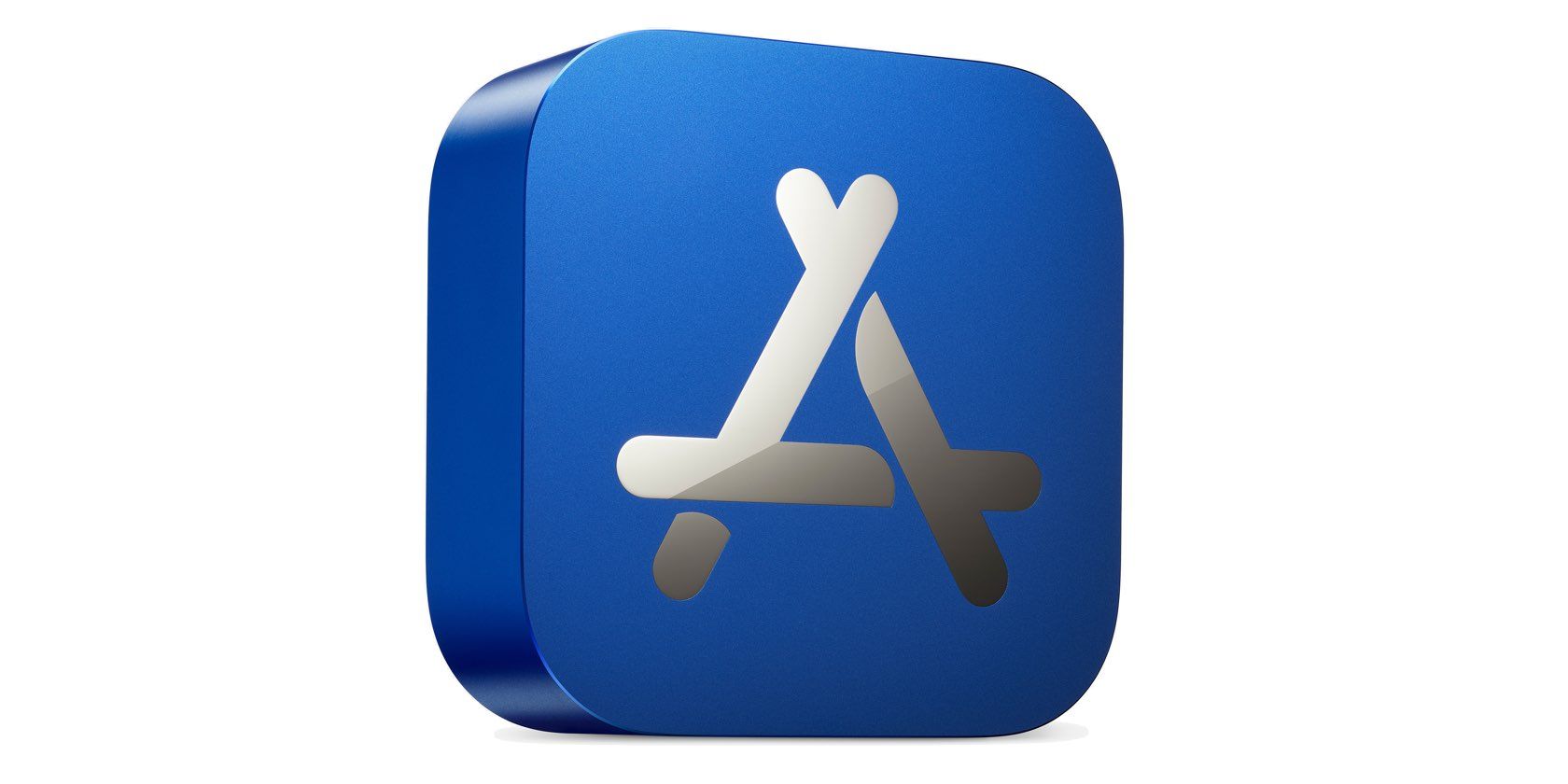A new lawsuit accuses Apple of unlawfully profiting from social casino apps that it hosts on the App Store, claiming consumers spent $6 billion on virtual casino chips in 2020.
The complaint was lodged in the US District Court for the Northern District of California. It boils down to accusing Apple of "racketeering activities and collection of unlawful debts," saying the company has violated California law which bans slot machines.
As first reported by AppleInsider, plaintiffs Donald Nelson and Cheree Bibbs claim to have spent "at least $15,000 each" in virtual casino currency on the App Store.
Illegal Gambling on the App Store
At the heart of the complaint are free-to-play social casino apps for the iPhone and iPad that monetize players through in-app purchases. These apps typically permit people to purchase in-game currency for real money, with Apple taking its customary 30% cut.
Not only does the complaint accuse Apple of hosting and distributing gambling apps on the App Store but also of sharing underlying analytics data with developers as well as allowing social gambling apps to use the company's in-app purchase mechanism in the first place.
Specifically, the filing claims that the company is leveraging big data and "social network pressures" to identify, target, and exploit consumers prone to addictive behaviors.
Apple Doubling as a Casino Host and Bankroll
It underscores that Apple's cut is higher than the "house".
By comparison, the "house" at a traditional casino only takes one to 15%, while also taking on the significant risk of loss in its operation. Apple’s 30% rake, on the other hand, is guaranteed for its ability to act as a casino "host" and bankroll.
Unlike real casinos, however, social gambling apps do not allow players to cash out chips for real money. According to the lawsuit, consumers in 2020 purchased and gambled away an estimated $6 billion on the App Store in social casino virtual chips.
In the App Store, the complaint continues, social casinos gain "a critical partner to retain high-spending users and collect player data, a trustworthy marketplace to conduct payment transactions, and the technological means to update their apps with targeted new content designed to keep addicted players spending money."
What Do Apple’s Rules Say?
The App Store Review Guidelines call gambling one of the most regulated App Store offerings, meaning developers should be prepared for extra time during the review process.
5.3.3 Apps may not use in-app purchase to purchase credit or currency for use in conjunction with real money gaming of any kind, and may not enable people to purchase lottery or raffle tickets or initiate fund transfers in the app.
Card counters are not allowed either.
5.3.4 Apps that offer real money gaming (e.g. sports betting, poker, casino games, horse racing) or lotteries must have necessary licensing and permissions in the locations where the App is used, must be geo-restricted to those locations, and must be free on the App Store. Illegal gambling aids, including card counters, are not permitted on the App Store. Lottery apps must have consideration, chance, and a prize.
Apple now only permits native gambling apps to be hosted in the App Store. Web-based games built using HTML5 technologies "may not provide access to real money gaming, lotteries, or charitable donations, and may not support digital commerce," it notes.
As of September 3, 2019, this functionality is only appropriate for native apps.
A "Dangerous Partnership"
The lawsuit claims social casinos have entered "into a mutually beneficial business partnership" by agreeing to use the App Store for distribution and payment processing.
Plaintiffs are calling this partnership "dangerous," claiming it leads to consumers becoming addicted to social casino apps. Moreover, people are "maxing out their credit cards with purchases amounting to tens or even hundreds of thousands of dollars," the lawsuit says.
Plaintiffs are seeking various forms of relief, including damages covering the losses they suffered. It also seeks class status. If judges declare class action admissible, Apple could be theoretically hit with massive fines due to the popularity of gambling on the App Store.
Now try to imagine a day or week without someone suing Apple...

